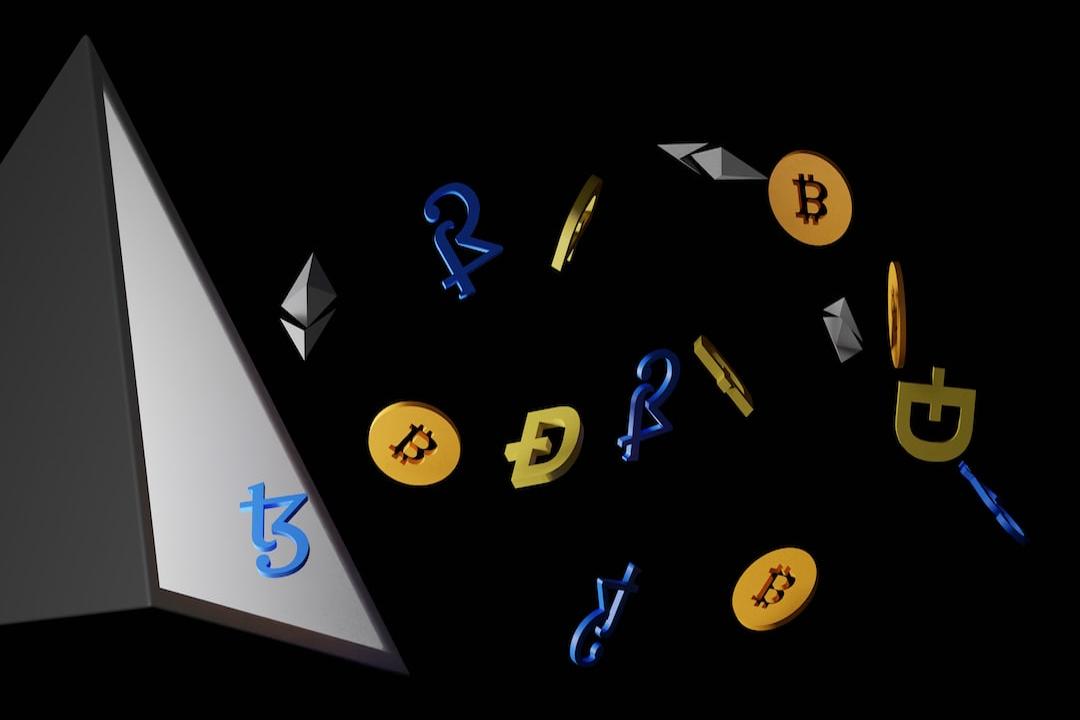President Joe Biden is facing a looming deadline to make a critical decision on whether to veto or sign a resolution that seeks to overturn the controversial crypto rules put forth by the U.S. Securities and Exchange Commission (SEC). This resolution has successfully passed both the House of Representatives and the Senate, despite previous warnings from the White House regarding a potential veto.
The resolution in question aims to overturn the SEC’s Staff Accounting Bulletin 121 (SAB 121), and it now awaits President Biden’s final verdict. Prior to the House’s vote on this resolution, the White House issued a notice threatening to veto it if it were to reach the President. However, the House proceeded to pass the resolution, followed by the Senate.
The Chamber of Digital Commerce has described the repeal of SAB 121 as being on President Biden’s desk. Cody Carbone, the Chamber’s Chief Policy Officer, took to the social media platform X to explain that Congress has sent the resolution to President Biden, and the 10-day window for his decision will close on June 3. This means that President Biden has until June 3 to either veto Congress’ decision or let it pass.
The Chamber highlighted that President Biden has three options in front of him. He can choose to veto the resolution, sign it to nullify SAB 121, or simply take no action before the deadline. The Chamber added that a veto would effectively put an end to Congress’ efforts to nullify SAB 121, as Congress is unlikely to have the necessary votes to override a veto, which requires a two-thirds majority in each chamber. Alternatively, President Biden can sign the Joint Resolution into law, thereby nullifying SAB 121 and preventing the SEC from implementing a similar rule in the future.
However, President Biden also has the option to do nothing and allow the 10-day period to lapse without signing or vetoing the Joint Resolution. The Chamber noted that if Congress is in session, the President’s inaction would result in the bill effectively becoming law, thereby nullifying SAB 121. On the other hand, if Congress is not in session, the bill could face a pocket veto, where the President’s inaction prevents it from becoming law.
In addition to the resolution to overturn SAB 121, the House has also passed the Financial Innovation and Technology for the 21st Century (FIT21) Act, also known as H.R. 4763. This bill aims to establish a regulatory framework for crypto assets. Before the House’s vote on FIT21, the White House released a statement that took a softer tone than a veto threat, expressing a willingness to collaborate with Congress in order to develop a balanced framework for digital assets.
The question remains: Will President Joe Biden follow through on his threat to veto the resolution to overturn SAB 121? Share your thoughts in the comments section below.






